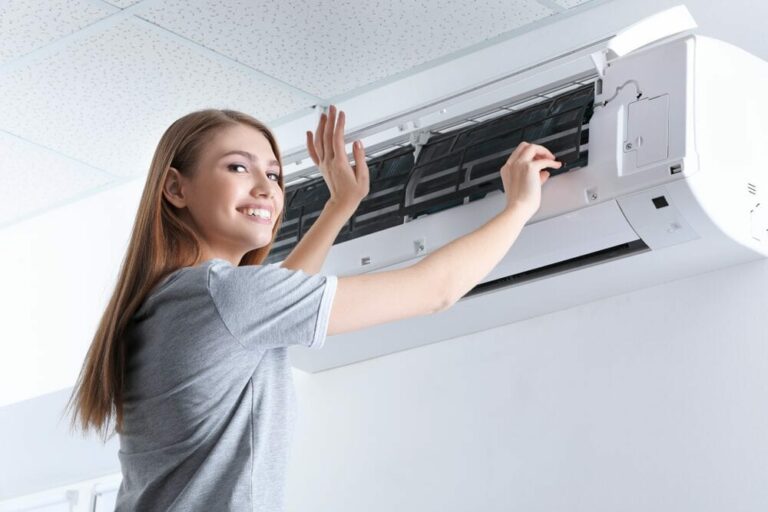
Refrigerant is a crucial component of your air conditioning (AC) system, playing a key role in its cooling process. When issues arise with your AC, the refrigerant often becomes a focal point of repairs and maintenance. Here’s an overview of the role refrigerant plays in AC systems and how it impacts repairs.
How Refrigerant Works in an AC System
Refrigerant is the substance that absorbs and releases heat to cool your home:
- Heat Absorption: In the evaporator coil inside your AC unit, refrigerant absorbs heat from the indoor air. As it absorbs heat, the refrigerant evaporates from a liquid into a gas.
- Heat Release: The gaseous refrigerant then travels to the condenser coil outside, where it releases the absorbed heat to the outside air. The refrigerant condenses back into a liquid form and cycles back to the evaporator coil to repeat the process.
Common Refrigerant Issues
Several issues related to refrigerant can lead to AC system problems:
- Low Refrigerant Levels: A common issue is low refrigerant levels, often caused by leaks. Low refrigerant can reduce cooling efficiency and put extra strain on the compressor, leading to potential damage.
- Refrigerant Leaks: Leaks can occur in various parts of the system, including the evaporator coil, condenser coil, or refrigerant lines. Detecting and repairing leaks is essential to maintaining proper refrigerant levels and system efficiency.
- Refrigerant Overcharge: Adding too much refrigerant can also cause problems. An overcharged system may experience increased pressure, leading to potential compressor damage and reduced cooling performance.
Diagnosing Refrigerant Problems
Identifying refrigerant issues requires careful diagnostics:
- Check Cooling Performance: If your AC is not cooling effectively, it might be a sign of refrigerant issues. Inconsistent temperatures or reduced cooling can indicate low refrigerant levels.
- Listen for Unusual Sounds: Strange noises, such as hissing or bubbling, can signal refrigerant leaks or other issues within the system.
- Inspect for Visible Leaks: Technicians will often look for signs of refrigerant leaks, such as oily residue around AC components or frost on the evaporator coil.
Repairing Refrigerant Issues
Addressing refrigerant problems involves several key steps:
- Leak Detection and Repair: Technicians use specialized tools to locate and repair leaks in the system. It’s important to address leaks promptly to prevent further damage and ensure efficient operation.
- Recharging Refrigerant: After repairing leaks or addressing issues, technicians will recharge the system with the correct amount of refrigerant. Proper recharging is essential for maintaining optimal performance and efficiency.
- System Testing: Following repairs, technicians will test the system to ensure that it is functioning correctly and that the refrigerant levels are properly balanced.
Preventing Refrigerant Issues
Regular maintenance can help prevent refrigerant-related problems:
- Annual Inspections: Schedule annual professional inspections to check for refrigerant leaks, monitor system performance, and address any issues before they become major problems.
- Maintain System Integrity: Regularly clean and maintain your AC system to prevent wear and tear that can lead to refrigerant leaks or other issues.
- Monitor Performance: Pay attention to changes in cooling performance and address any irregularities promptly with a professional technician.
Environmental Considerations
Refrigerants can also have environmental impacts:
- Refrigerant Types: Modern AC systems use refrigerants with lower environmental impact, such as R-410A. Older systems may use refrigerants with higher global warming potential (GWP), requiring careful handling during repairs.
- Responsible Disposal: Technicians follow proper procedures for handling and disposing of refrigerants to minimize environmental impact.
Conclusion
Refrigerant plays a vital role in your air conditioning system’s ability to cool your home effectively. Understanding its function, common issues, and repair processes can help you better manage your AC system and ensure it operates efficiently. By addressing refrigerant problems promptly and maintaining your system regularly, you can extend the life of your AC unit and maintain optimal cooling performance.